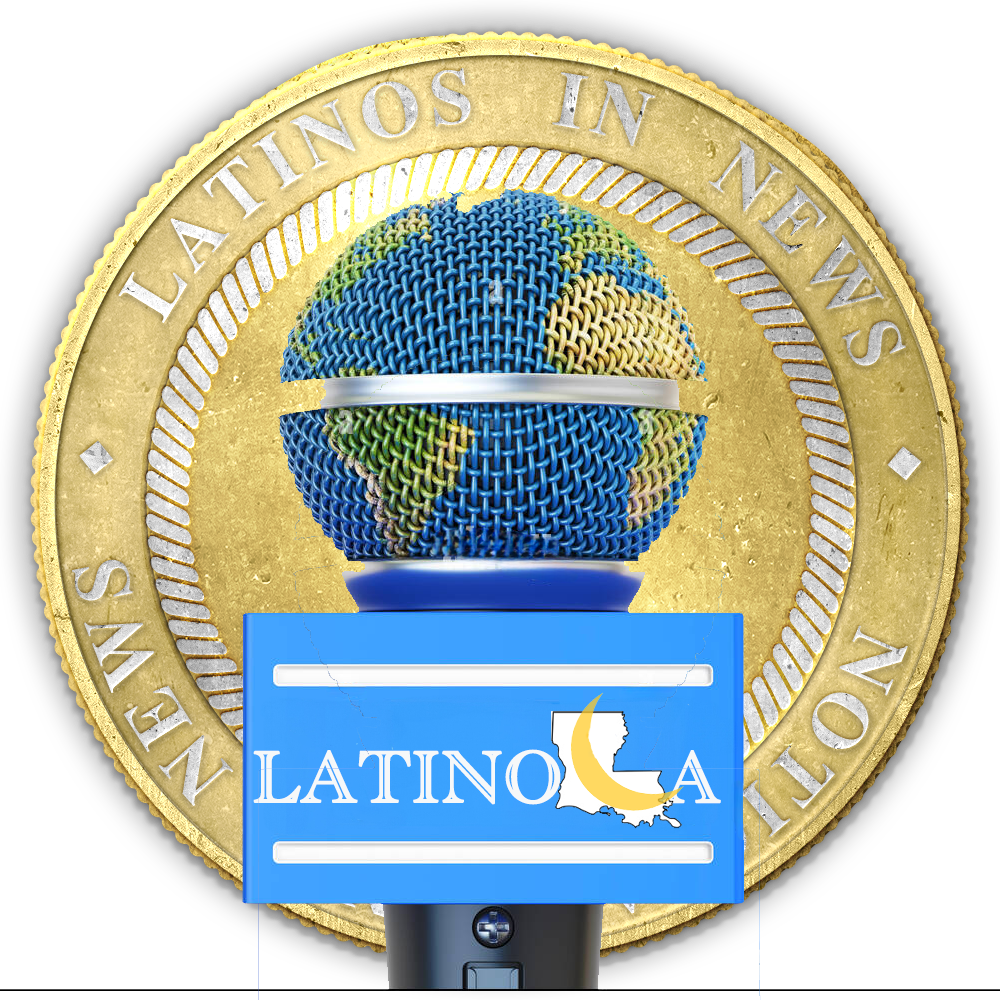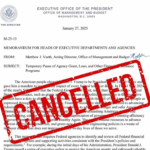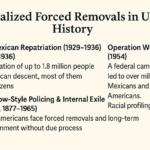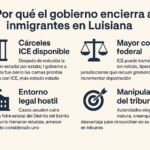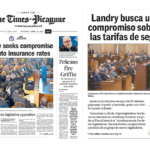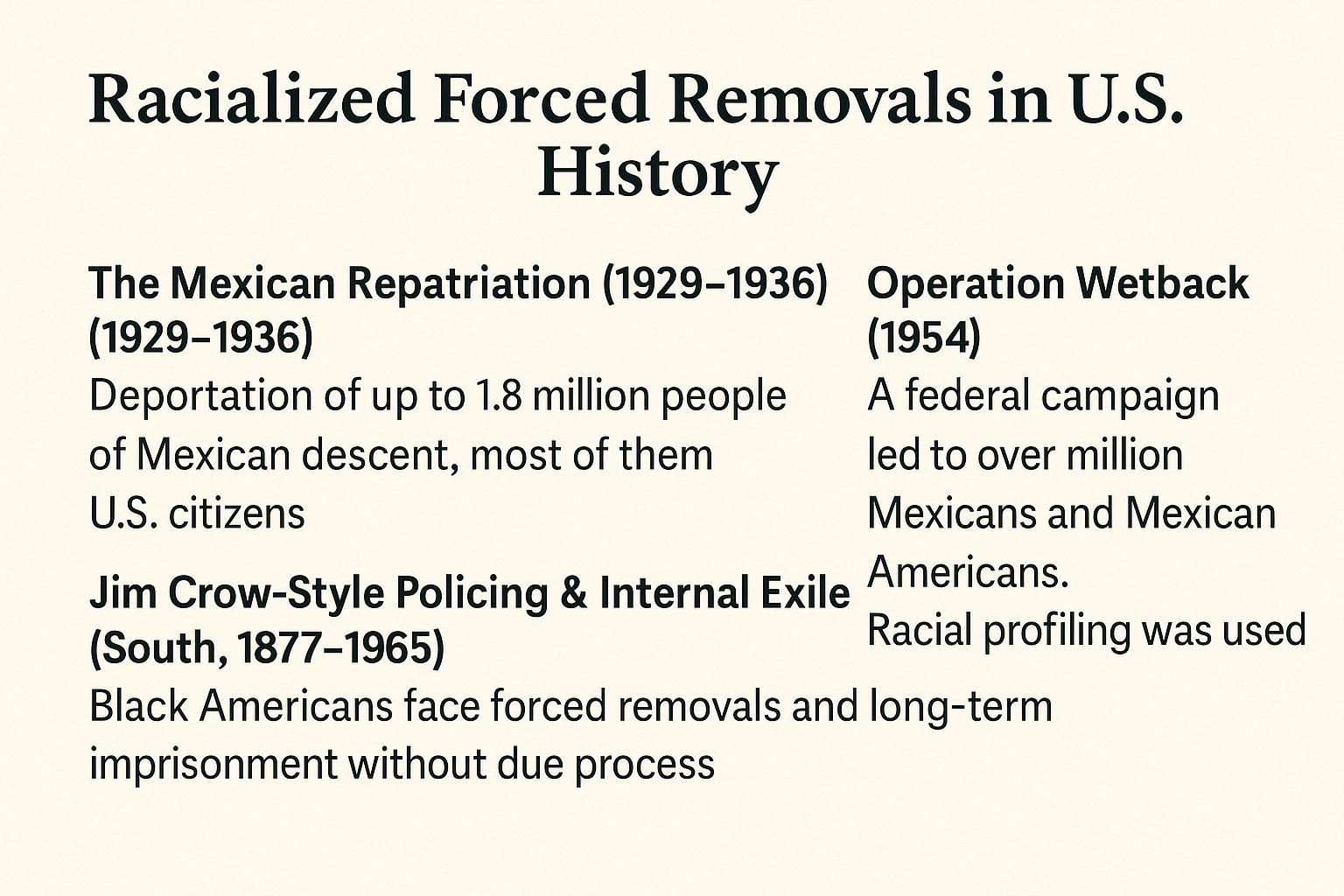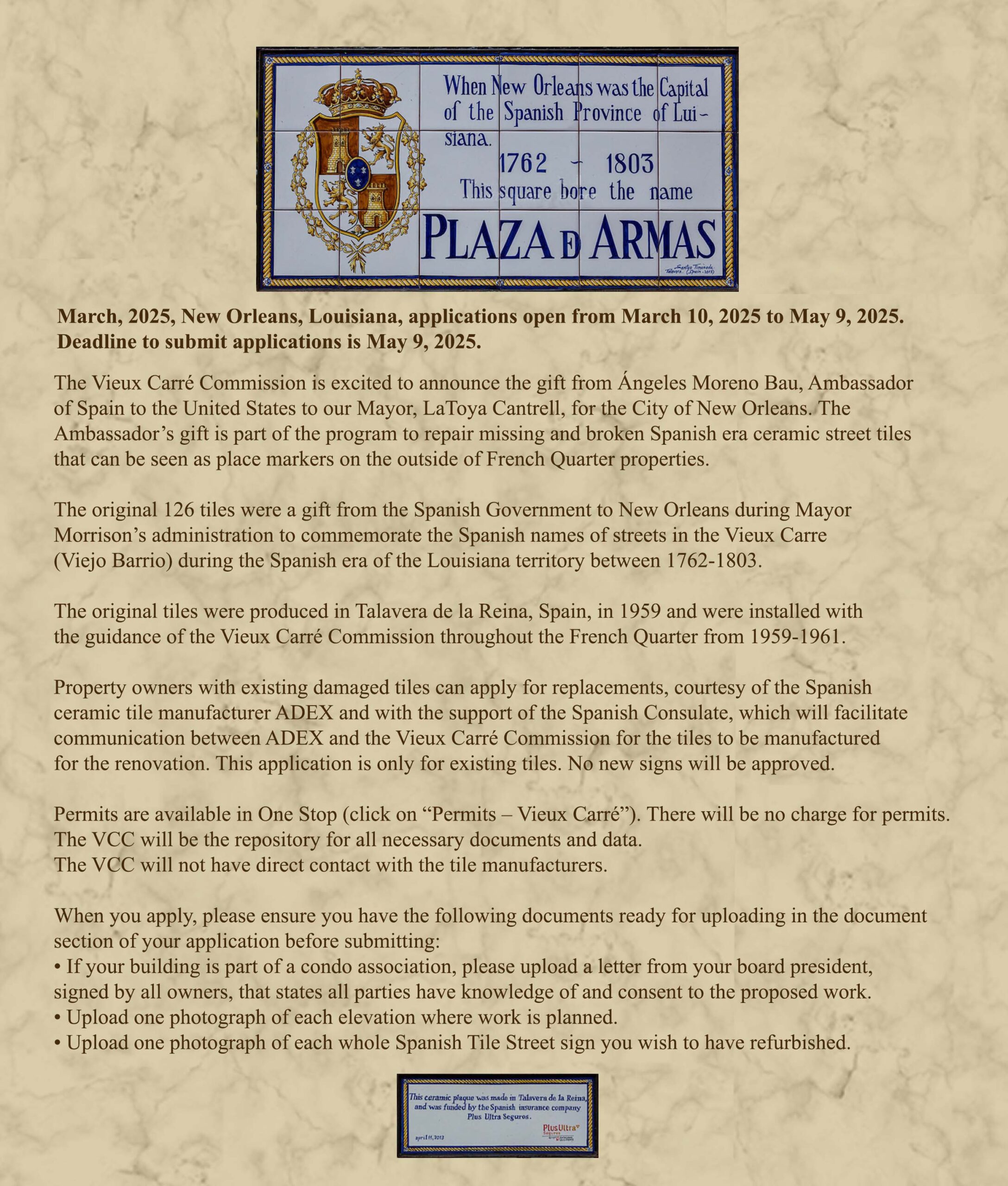The promise of America—enshrined in its Constitution and rooted in the principles of equality, opportunity, and freedom—does not belong to any one individual, not even the president. While the president wields significant power to shape policy and influence public discourse, the foundational ideals of the nation are safeguarded by a system of checks and balances designed to withstand the ambitions of any single leader.
Consider President Trump’s recent executive order attempting to end birthright citizenship for children born in the United States to undocumented immigrants. This move challenges the 14th Amendment, which since 1868 has guaranteed that “all persons born or naturalized in the United States” are citizens. While the executive order makes a bold claim, it cannot unilaterally override the Constitution. Changes to such core principles require a rigorous constitutional amendment process involving Congress, state legislatures, and ultimately, the will of the people.
The judiciary, too, plays a vital role in preserving the promise of America. Federal courts have already intervened, blocking the executive order and signaling its potential unconstitutionality. This echoes past moments in history where legal safeguards upheld fundamental rights against executive overreach.
At its core, the promise of America belongs to the people. It is carried forward by advocacy, legal challenges, and the democratic process. Presidents may attempt to reshape aspects of this promise, but the nation’sprinciples remain protected by its laws.

